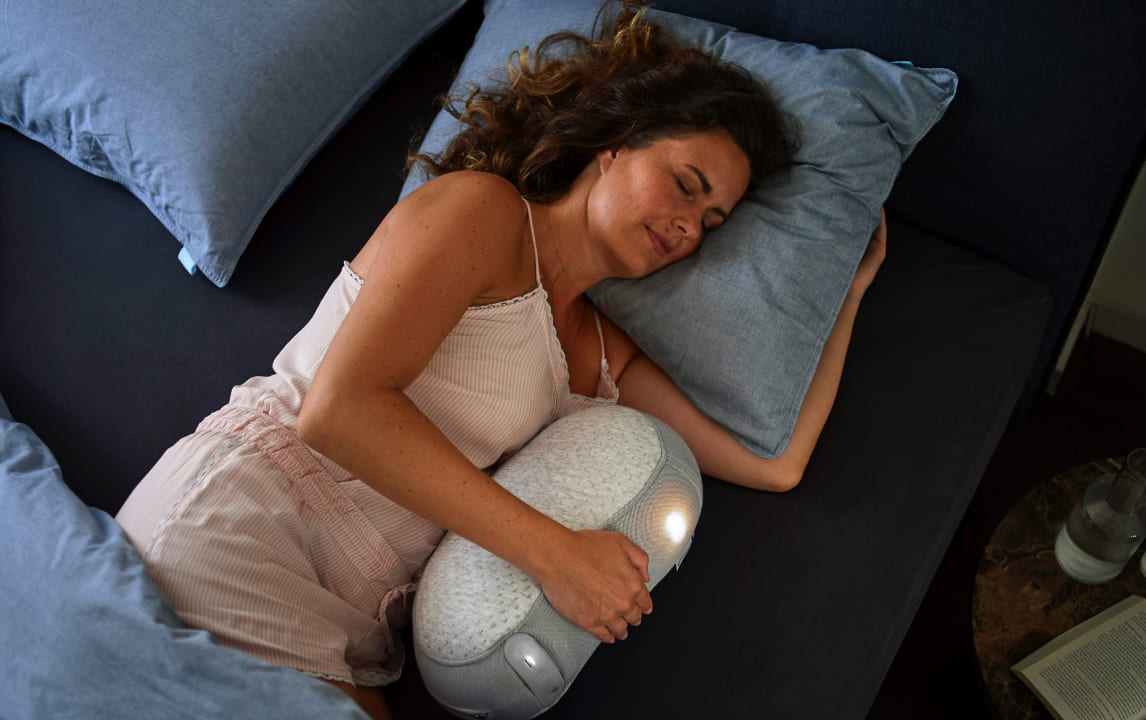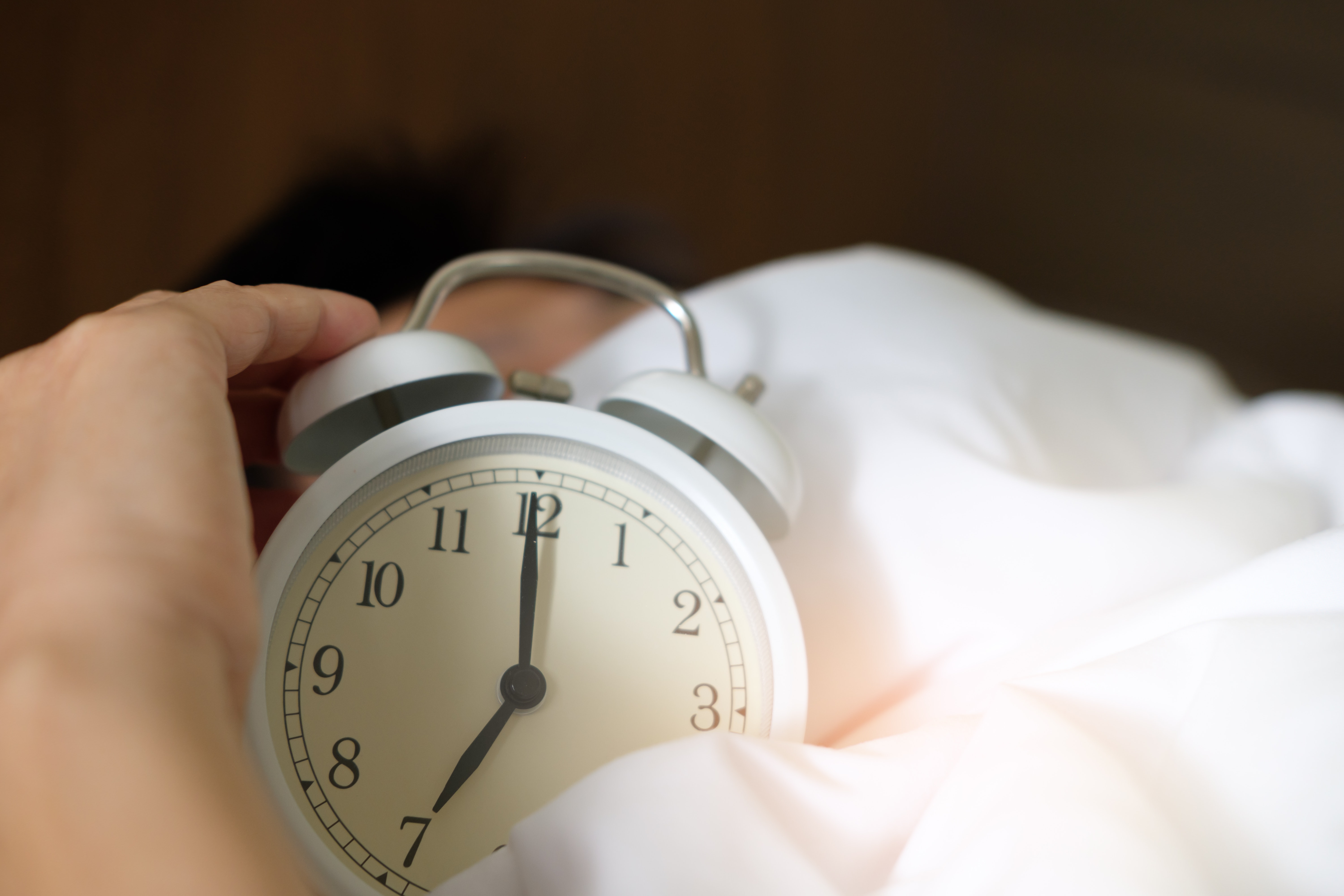People need sleep to survive, and enough sleep is good for health. However, sleeping too much can cause the entire nerve center to be in a state of inhibition for a long time, which leads to the decline of various organs and weight gain.
Occasionally sleeping in when you’re sick or tired from an over-stressful day of work isn’t concerning. However, if you suddenly need to sleep for more than 10 hours every night, then you need to pay attention to your sleep and health.
How Long Should You Sleep for?
So Do you sleeping too much ? Well, it depends. Your sleep needs will vary over your lifetime, your sleep chronotype, age, activity level, general health, and lifestyle.
Reasonable sleep time for different age groups:
Newborns: 16-18 hours of sleep per night
Preschoolers: 11-12 hours of sleep per night
School-aged and teens: Around 10 hours of sleep per night
Adults and seniors: 7-9 hours of sleep per night
Keep in mind that your personal sleep needs might deviate from the norm, but it doesn’t automatically mean that there’s an issue. If you’ve always been someone who needs a little extra sleep, then that doesn’t necessarily point to an underlying problem. Instead, look for sudden changes in your sleep schedule. Were you normally getting 7 hours of sleep and feeling fine, but now you need closer to 10 and feel terrible? If that’s the case, there may be an issue.
Likewise, there are often temporary causes of oversleeping, too. If you’re sick, you’re more likely to require some extra shuteye as your body tries to rest and build up the energy stores necessary to fight off an infection. Or, if you’ve run a marathon or experienced a high amount of acute stress, your body might naturally need more rest as a result to rebuild your brain and body. These one-off situations aren’t cause for concern.

Signs For Sleeping Too Much
If you’re just waking up late just to catch up on your sleep, that’s called recovery sleep or sleep debt. But when you’re doing that habitually and you’re sleeping more than eight or nine hours every day, that would be sleeping too much.
While regularly sleeping more than nine hours per night is red flag, it’s not the only signal that require extra attention. And sleeping more than nine hours a night isn’t always a cause for concern.
Some people naturally need more sleep than others. For these people, oversleeping is normal. If you regularly sleep longer than nine hours per night, but wake up feeling refreshed and rested, you’re likely a long sleeper.
Why Sleeping Too Much Is Risky
The effects of oversleeping can be life-altering. At the very least, you may be late to appointments or work. At worst, you’re putting yourself at risk of disease and life-threatening conditions. Have you ever noticed that you feel less rested the more sleep you get? This is because you’re altering your natural circadian rhythm.It will destroy your somatic function.
Sleeping too much can lead to:
Increased fatigue and low energy
Decrease in immune function
Stress response degradation
Increased risk of chronic diseases, such as heart disease, diabetes, and obesity
Increased risk of headaches
Increased risk of death

How Can You Improve Your Sleep Habits?
While it’s not entirely clear if oversleeping is the cause or the effect of these health risks, making sure you are getting quality sleep is essential to help determine if there is an underlying issue.
4 Tips to Get Your Sleep Back on Track:
1. Keep napping to a minimum: If you can’t fall or stay asleep at night, the best napping advice is to keep napping to a minimum.
2. Use a sunlight alarm: Exposing yourself to light in the morning can make you feel more alert and help cement your body’s natural circadian rhythms.
3. Fix your sleep schedule: Try to keep your bedtime and morning wake up time consistent, even on the weekends and during vacation.
4. Track your sleep: If you want to get insights into your sleep, use a sleep diary to track your wake-up time and bedtime, or try a sleep tracker like Mintal Tracker APP.
If you feel concerned that your sleeping habits and your sleep duration is negatively affecting your waking life, it’s a good idea to consult with your physician who can provide you with sustainable solutions and treatment if necessary.









